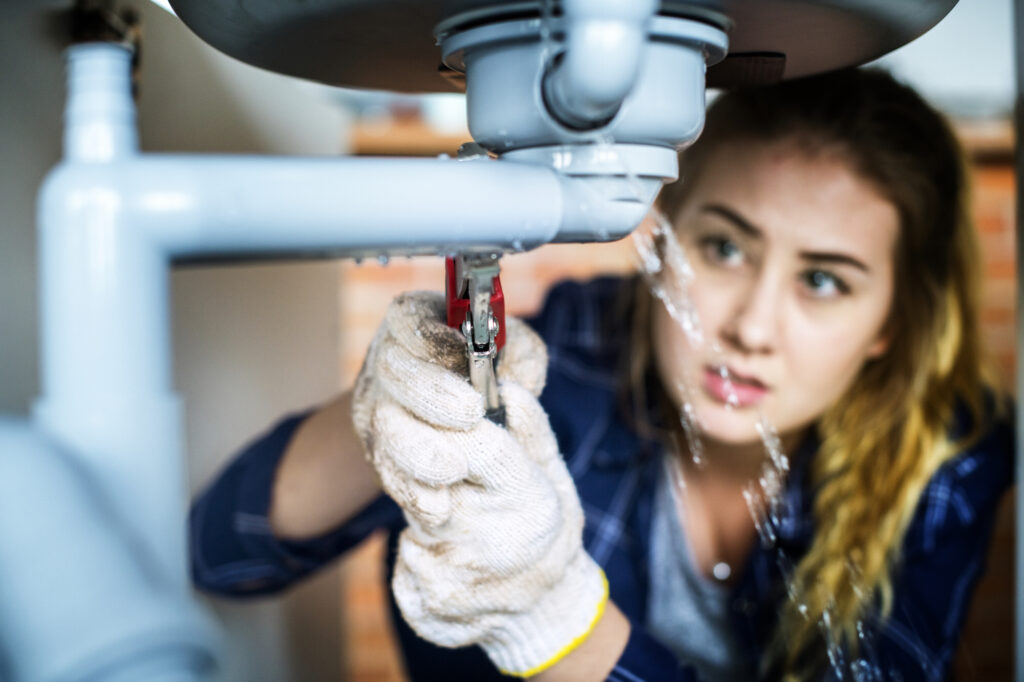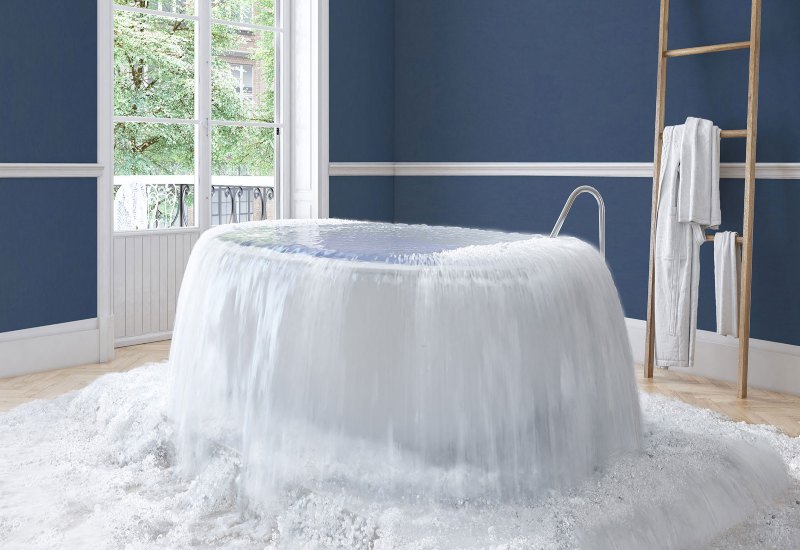Buying a condo certainly has its perks! Downtown living, amenities, and affordability are just a few of the upsides – but what about the risks? Hypothetically your strata fees and maintenance should cover any issues with the building right? Well, this isn’t always the case, especially when it comes to water damage. Water damage can be complicated as it may affect other units and common areas in the building, leading to potentially difficult financial consequences. Water damage is the most common cause of loss for condo owners. Being prepared for a leak is one of the most important ways to prevent serious damage to your home and belongings. Here are a few tips to help you get started!
The Types of Leaks
There are various ways a leak could happen in your suite or building and it is good to be aware of the possibilities. Generally speaking, there are two types of leaks – plumbing or weather-related. Here are some common leak causes:
● Walls, roofs, or windows not watertight or sealed properly.
● Pipes freezing and leaking.
● Leaking appliances (dishwasher, washing machine).
● Negligence (ie. faucet left on, overflowing bath).
● Defective or outdated water tank.
● Blocked sewer.
 Be Proactive
Be Proactive
Knowing how to prevent a leak or stop it before it gets worse could save you from costly repairs and property damage in the future. Here are some ways you can be proactive in preventing a leaky situation:
● Understand your strata building policy coverage, how your building defines “common spaces” and what your possible assessment may be in the event of a water damage claim.
● Install water leak sensors on major appliances that use water.
● If you go away for more than a couple of days, have a friend come by and check on your place.
● Never leave the apartment with the window open.
● Make sure your toilet isn’t running when you leave your house.
● Don’t leave dishwashers or washing machines operating when you are not home.
● Check that seals around the bathtub, showers, and toilets are maintained.
● Place droplets of food colouring in your toilet’s tank. If the colouring appears in the toilet bowl this may indicate a leak.
Steps to Prevention
● Know how to shut off your water supply – this will be very important in the event of a leak when the time will be of the essence.
● Install a water leak sensor on appliances that would be prone to water loss.
● Automatic shut-off water devices will automatically turn off the water supply when a leak is detected. These need to be installed in the building but you could check with your property manager to see if they have or can be. FloLogic or Leak Defense System are good options.
● Use your space/baseboard heaters in the winter to help prevent pipes in the walls from freezing.
● Do not store any valuables near leak risk areas.
● Replace water heaters at the end of their life. (Usually ten years)
● Use braided metal supply lines on all appliances that are connected to a water source. Braided metal hoses are far more resistant to leaks compared to standard rubber hoses that may come with your appliances.
What to Do in the Event of a Leak
● Shut off the water supply to your unit – this could be the difference between a few spots on the rug and a soaking wet carpet.
● Notify the property manager immediately.
● Assess the situation – if the leak keeps going even after the water is shut off that likely means the leak is not coming from your unit.
● Contact the surrounding units.
● Notify your insurance company and report what was damaged. Photos are also helpful with claims.
Are you covered?
If an unexpected condo water loss happens, a comprehensive insurance policy is the best thing you can do to protect your belongings. Your building will likely have insurance for common areas but only some of the damage inside your unit will be your responsibility (eg: your Personal Contents and Unit Improvements and Betterments). There are typically certain types of condo water damage that are covered and others that aren’t. It is best to discuss your coverage with your building manager and your insurance agent.
Your Strata Bylaws may hold you responsible to pay the Building Insurance Deductible for any water losses that originate from your Unit which damages Common Property. You may be able to purchase deductible assessment insurance under your personal condominium unit insurance policy to cover this exposure. However, in many instances, personal condominium unit insurance policies may be capped at anywhere from $25,000 to $250,000, this may not be enough to keep up with the increasing Strata Corporation building insurance deductible.
We are pleased to announce our Excess Water Damage Deductible product, exclusive to Johnston Meier Insurance! This product provides affordable coverage up to $175,000 in excess of the water damage deductible limit on your condominium unit owner policy. This helps cover/bridge the gap between the Strata building policy deductible AND the maximum deductible limit available under your personal condominium unit owner’s policy.
Contact a JM Insurance agent today to learn more about our condo insurance options!
